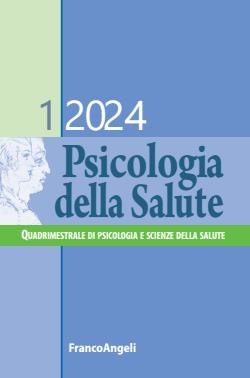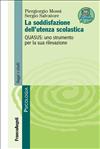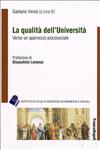
The objective of this study is to analyse the relationship between adolescent evaluation of health risk behaviours and family practices, while accounting for moderating effects of the cul-tural models through which adolescents interpret their social environment. Cultural models, perceived family practices and evaluation of the risk associated to alcohol consumption, drugs use, reckless driving and unprotected sexual behaviours were assessed among 392 adolescents (mean age: 16.88 ± 0.752) recruited in five different Italian high schools of the southern Italy. The findings show that, beside family dimensions (parental knowledge of children’s activities, parental inquiry about children’s activities, family rules on bed time), a component of adolescents’ cultural model - related to evaluation of the micro-social environment - has a direct effect on risk evaluation, stronger than the other variables; another component - related to the evaluation of the macro-social environment - moderates the role of the family dimensions. These results suggest the importance of cultural and social dimensions in the intervention programs.


